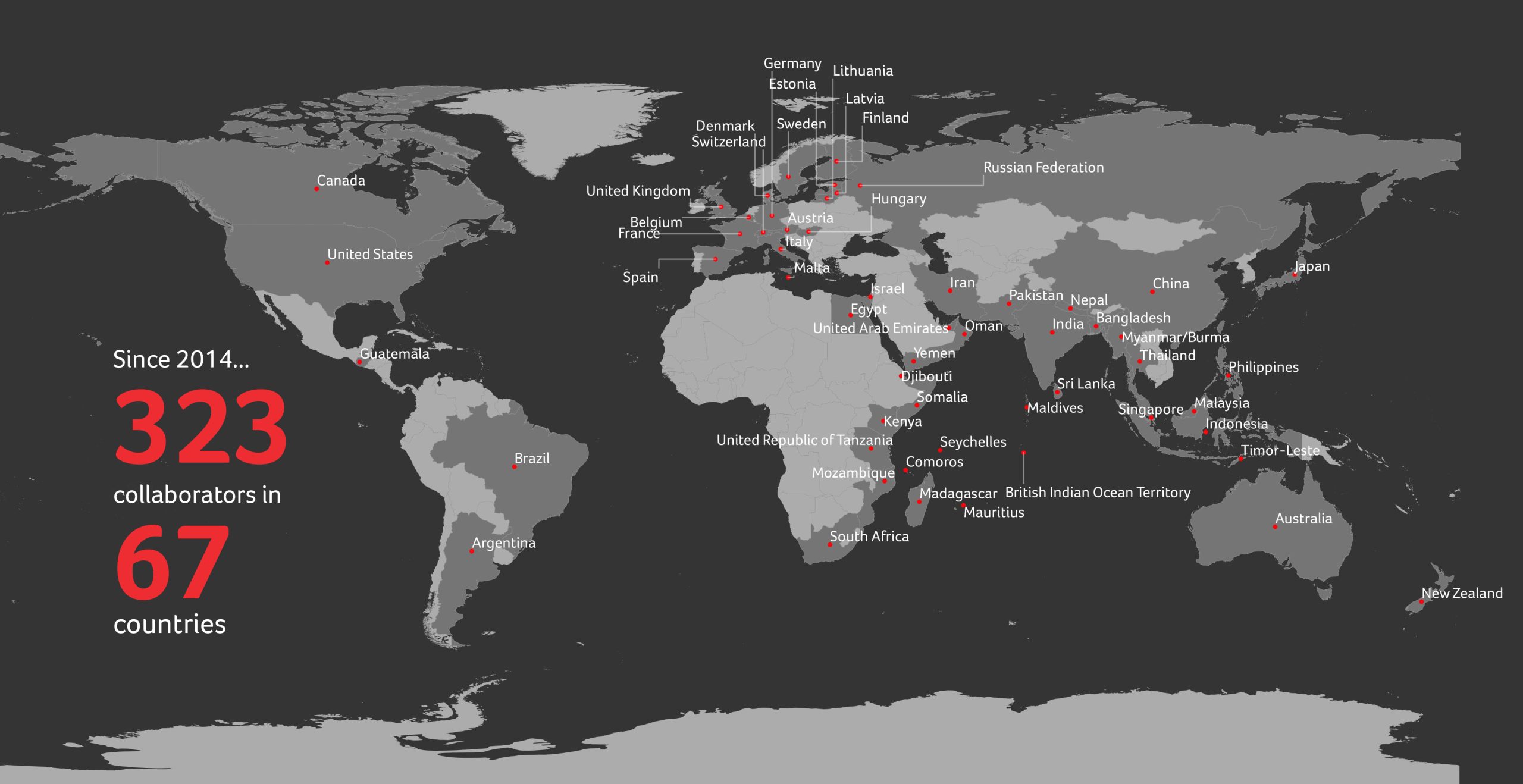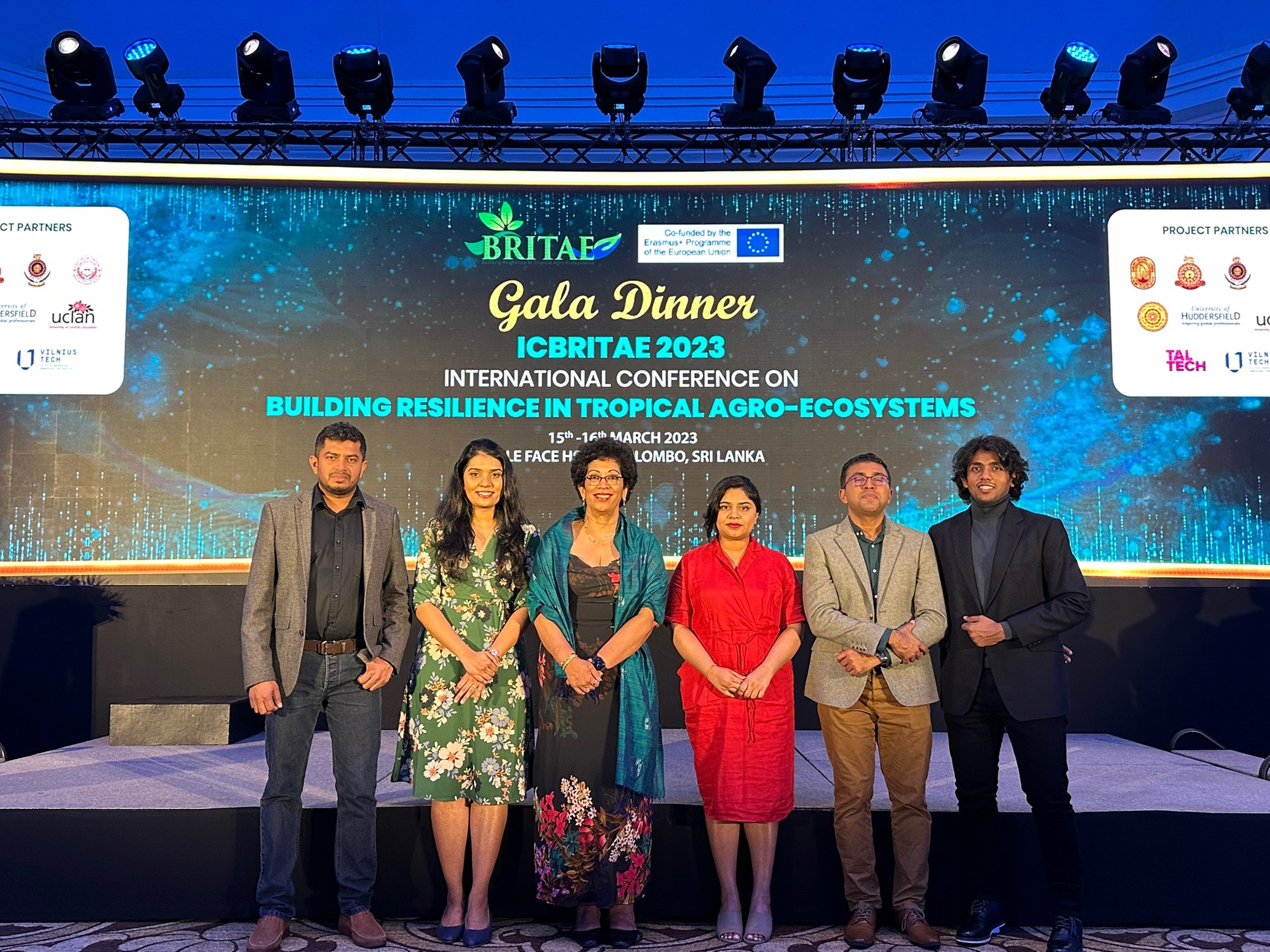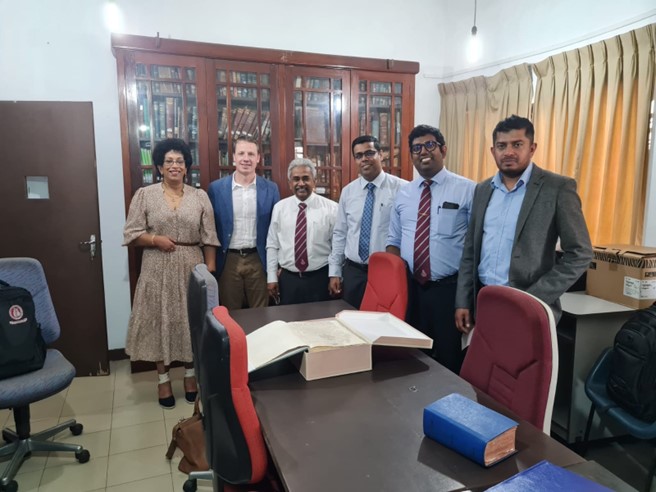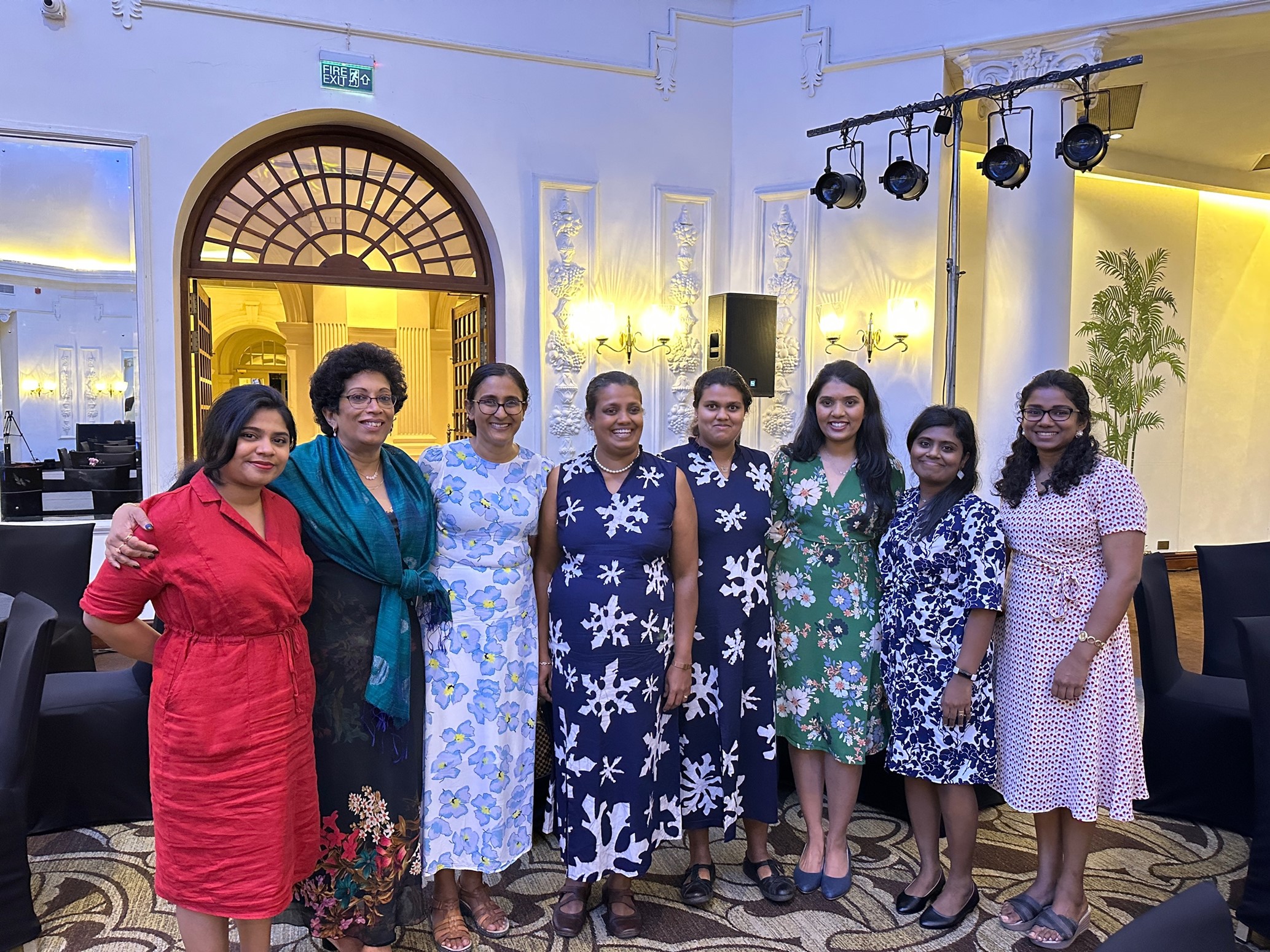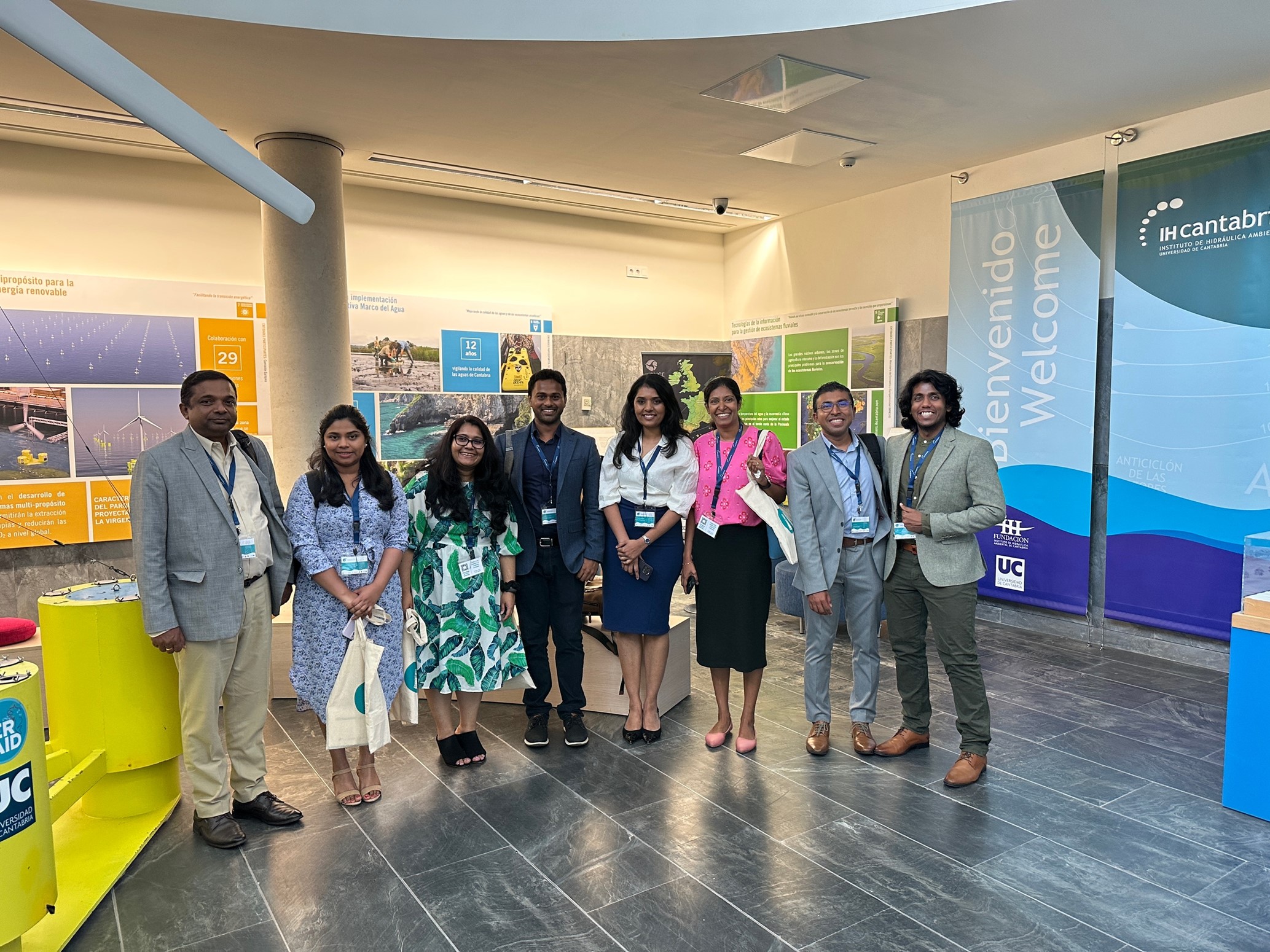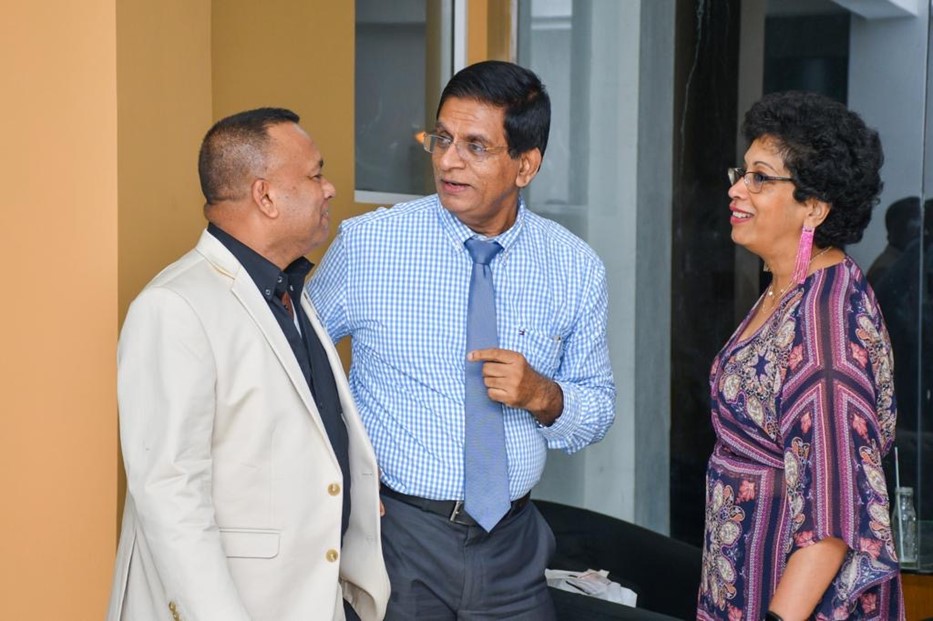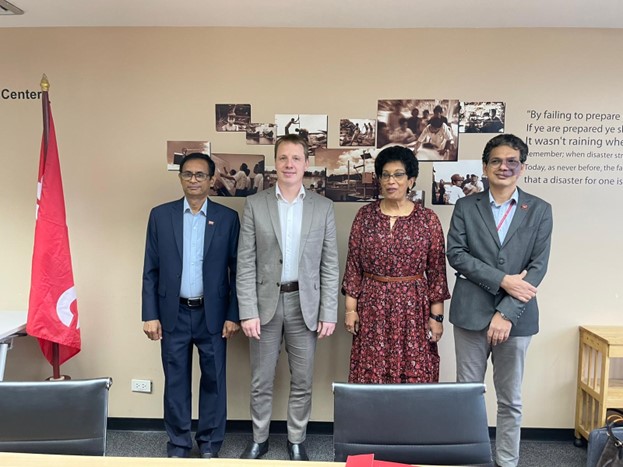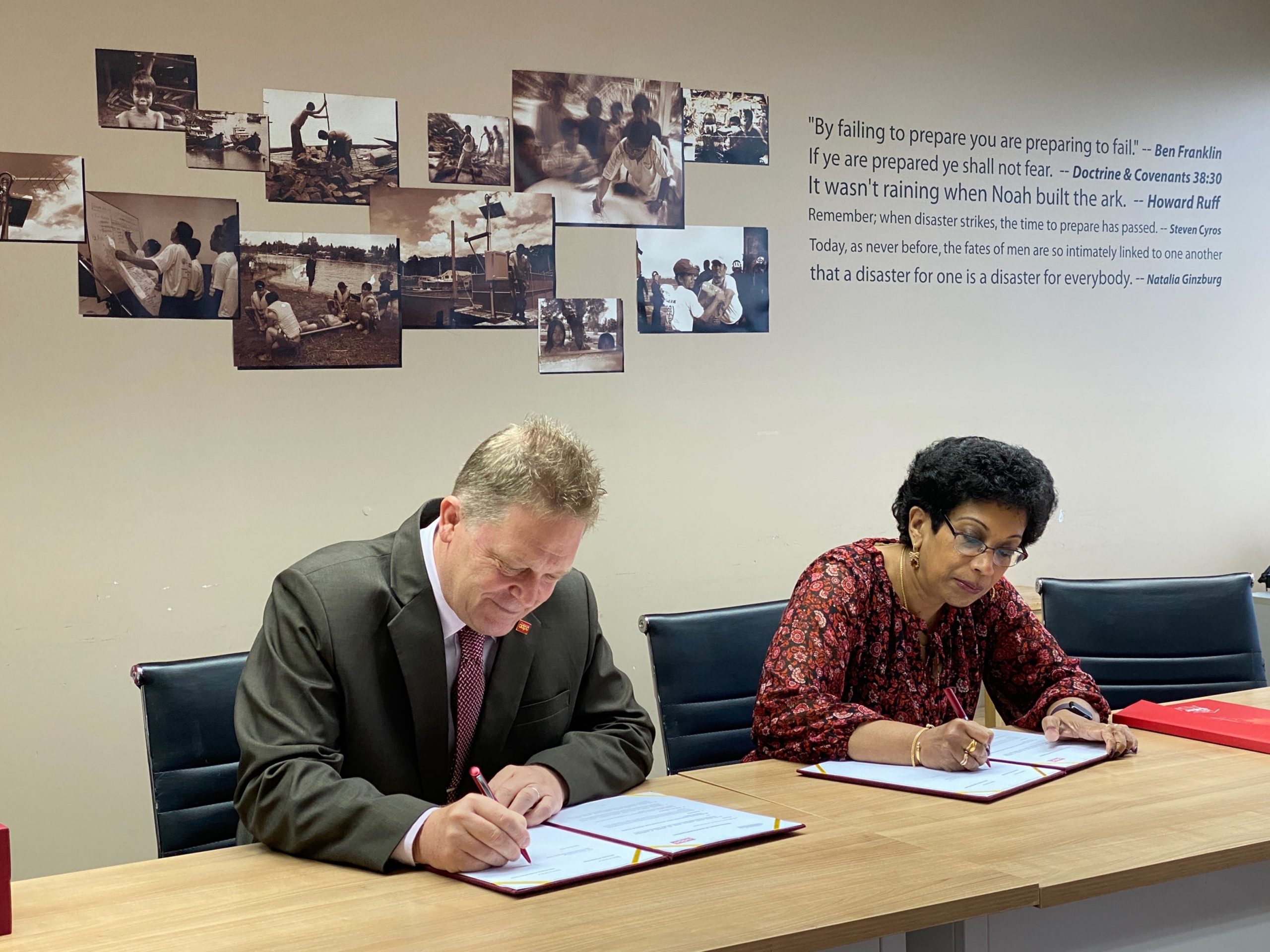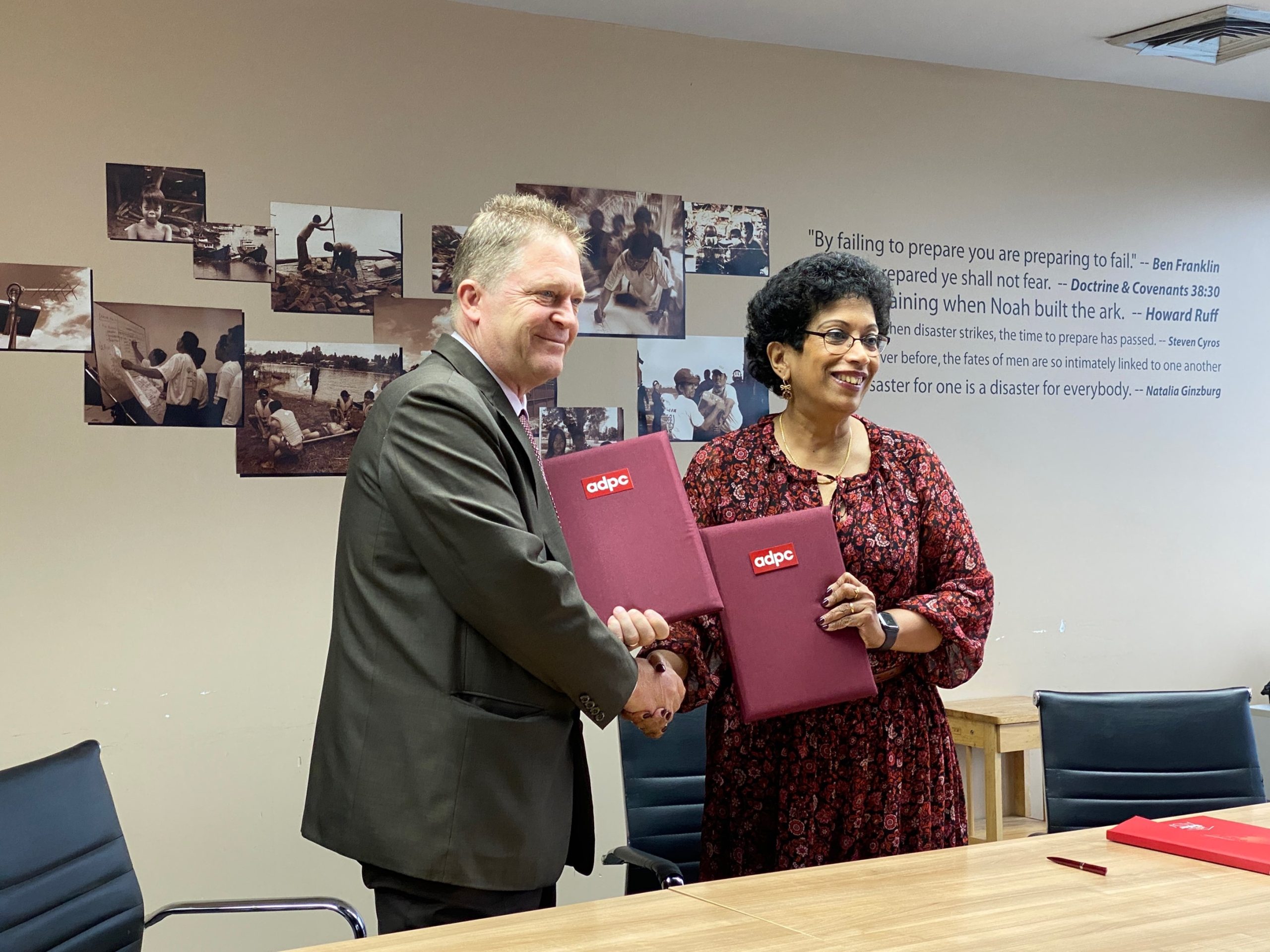International collaborations and partnerships
The rationale for international research partnerships lies in an understanding of the universal nature of the advancement of knowledge. While knowledge is often contextual, the advancement of human knowledge that is based on the common bonds of humanity is arguably a global enterprise. In the case of research, “Internationalisation at the national, sector, and institutional levels is defined as the process of integrating an international, intercultural, or global dimension into the purpose, functions or delivery of postsecondary education”. Global brand penetration is not just about being acknowledged as “global” by international academic peers and by national policy makers, but also by the public. My research projects, presentations and partnerships are a testimony to a vibrant and ever-developing web of research and innovation. These opportunities provide the means to disseminate my research to international policy makers, industrialists, and academics. They generate impact and enable me to play a leading role in shaping the built and human environment towards green and sustainable futures, incorporating high quality living and social responsibility. This is what I have managed to achieve. I currently enjoy many international, strategically important collaborations and partnerships. Since 2014, there are 323 collaborations with 67 countries, with further 45 collaborations with international organisations such as UNDRR and UNESCO. These partnerships are with organisations that share our mission to play a leading role in shaping the disaster sector. They also demonstrate the global reach, spanning institutions in Asia, Africa, North America, Europe, and Australia. I target partnerships with key international institutions to address underutilised opportunities, ensuring coordination with wider internationalisation strategy.
